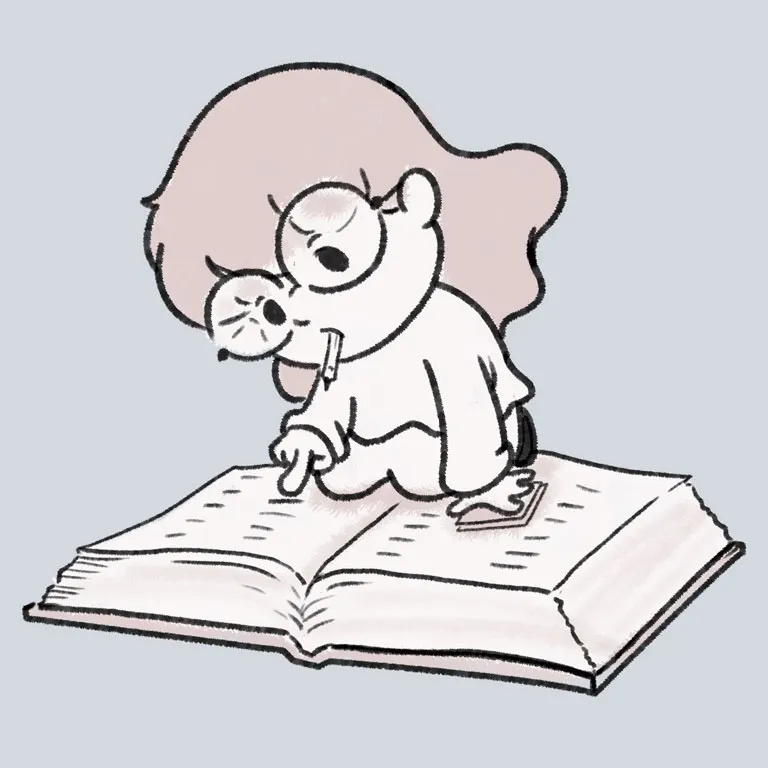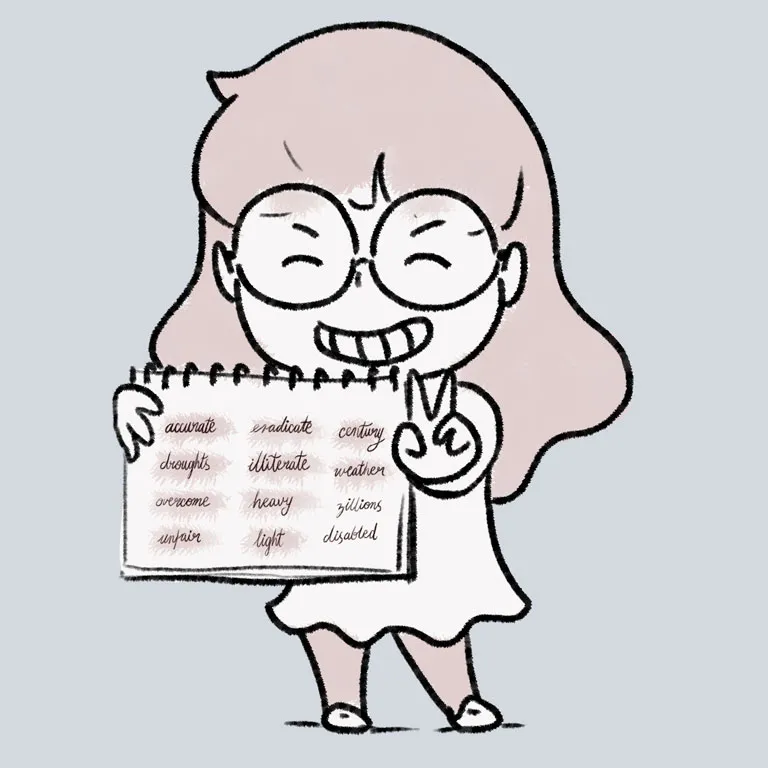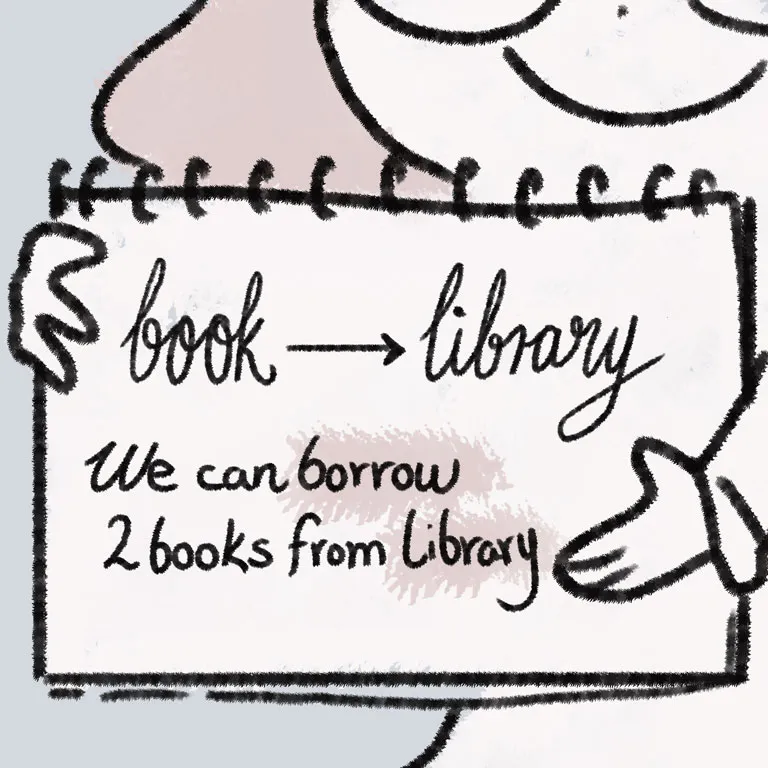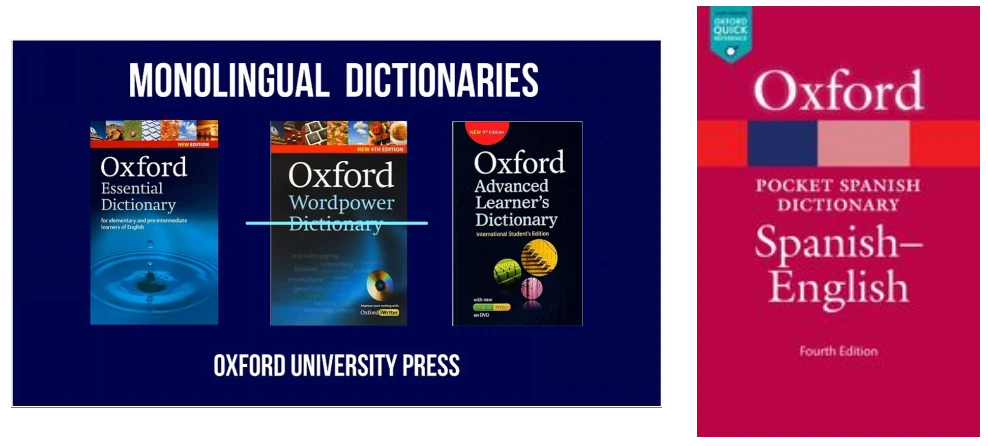In order to understand written and spoken discourse, it is important to expand your vocabulary. So if you want to have the right tools to express your ideas clearly, this is what you have to do to improve your vocabulary.
 Look up the meaning of new words in dictionaries
Look up the meaning of new words in dictionaries Keep a record of the words you learn
Keep a record of the words you learn Try to use those words when writing or speaking
Try to use those words when writing or speaking Use word association
Use word association Read graded books in English
Read graded books in English Watch movies in English
Watch movies in English
There are two types of dictionaries, monolingual and bilingual ones.

A monolingual dictionary shows an explanation of a word in the language you’re learning, and a bilingual dictionary gives you the translation of the word in your native language.
Whenever you look up words in a monolingual dictionary, be sure to check the pronunciation and some examples in context. It is useful to check online dictionaries, because you can hear the exact pronunciation. Take a look at the following words and their explanation, just the way you would find them in a monolingual dictionary:
Don’t know how to pronounce a word?
Don’t worry, there is a great variety of online resources that can help you to improve your pronunciation. Check out these online dictionaries:
You just have to type a word and then click on the 🔊 button to listen to the pronunciation.
Note: US / NAmE 🔊 = American English Pronunciation
BrE 🔊 = British English pronunciation
Now that you know the definitions of the words that you’re going to study, we will provide you with other examples for you to reinforce those words. And remember, it’s always recommendable to put into practice the vocabulary that you study, so try to use it when speaking or writing.
droughts - slavery - disabled - illiterate - nowadays - eradicate - zillions
In the following paragraph you will find a description of someone’s day. Write the missing words from the box.


